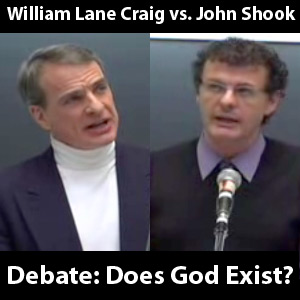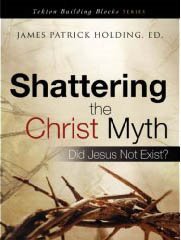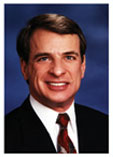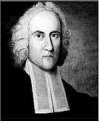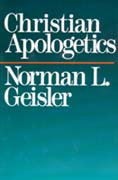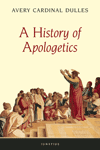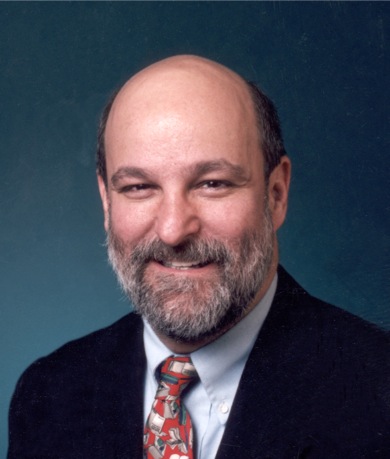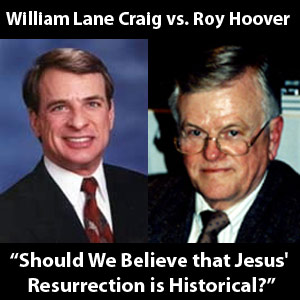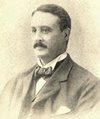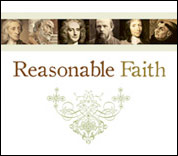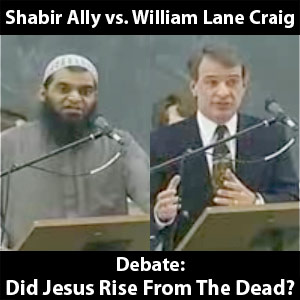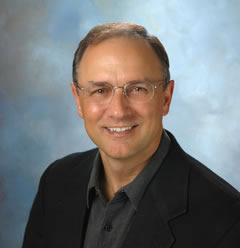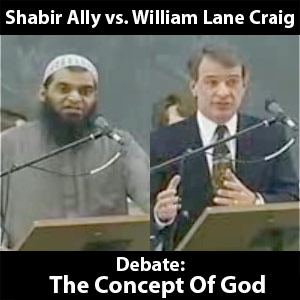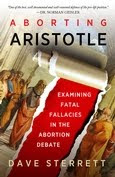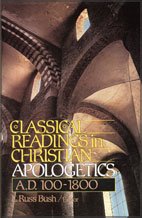 Classical Readings in Christian Apologetics
Classical Readings in Christian Apologetics by L. Russ Bush is a compiled collection of some of the best apologetic works from 100-1800 A.D. Taking key excerpts from twelve notable apologists,
Classical Readings achieves the goal of introducing some of the most important apologetics works of history to the contemporary reader. As the editor puts it, “a person’s education is not complete if only secondary sources have been read – no matter how fine those sources may be. This observation is true in many areas of study but especially in apologetics.”
1First is the writing of
Justin Martyr (100-167). He contended that Christians were innocent of certain charges against them. He also contended for the truth of Christianity. He makes strong appeals to prophecy to show the truth of Christianity. Much of the writing of the early apologists was to counteract the accusations and persecutions they were facing from pagan authorities.
Athenagoras (2nd century) first intended to write against Christians as a philosopher. However, he was converted from a persecutor to an apologist for the faith. He addresses his apologetic work
Embassy to the emperors Marcus Aurelius Antoninus and his son Lucius Aurelius Commodus. Again, he was pleading for fair treatment for Christians who were being persecuted and executed. He even mentions a few lines against the practice of abortion.
Irenaeus (120-203) was a student of Polycarp, who was a student of the apostle John. He was considered by many to be the most important theologian of the second century. He considered the false teaching of the Gnostics to be the biggest threat to the truth of the Gospel. In his work
Against Heresies he attacks the unorthodox teachings that were being propagated in his day, such as those by Valentinus and the Montanists. He argued for the impossibility of many gods, and appealed to the authority of the scriptures over man-made traditions. He also makes remarks regarding the authorship of the four Gospels, and fights for the doctrine of the trinity.
Turtullian (155-235) was one of the greatest of the early church apologists. His primary apologetic works were
Against Marcion and
The Apology. He defended Christianity against accusations of atheism (because they did not worship the many gods of the pagans) and he contended for the truth of one true God.
Origen (185-253) is considered the most outstanding theological writer of the persecuted Church. Origen wrote specifically to address the anti-Christian writings of one Celsus, whom he addressed almost line-by-line in his large apologetic work
Against Celsus. In this work he shows the deficiencies of Celsus’ knowledge of scripture and the faults in his reasoning. In addition, he defends the crucifixion and resurrection against “copy-cat” claims.
Athanasius (298-373) opposed the Arians (those who denied the doctrine of the trinity) and contended that Christ was eternally divine. In his apologetic work
Against the Heathen, he uses arguments from natural theology and various teleological arguments. His work
On the Incarnation deals extensively with Christology, the resurrection, and the trinity.
Augustine of Hippo (354-430) is considered the greatest of the Fathers of the Western Church. His most famous works are
Confessions and
City of God. His work
Freedom of the Will deals specifically with some proofs for the existence of God, which is written in the form of a dialogue.
Anselm of Canterbury (1033-1109) writes in two main apologetic works:
Monologion and
Proslogion. In the former he opts for cosmological arguments for the existence of God, whereas in the latter, he uses his famous ontological arguments for the existence of God.
Proslogion includes objections and responses to his arguments, which add more depth to the arguments. It seems that many have criticized the ontological argument. Whether or not one views the argument as compelling, one would do well to actually read it as he has written it – as many times contemporary summaries or brief sketches of his argument do it no justice.
Thomas Aquinas (1225-1274) was one of the most influential theologians of the medieval period. His work
Summa Contra Gentiles was in fact a manual of apologetics written for missionaries who had to face a highly intellectual culture in the Muslim world. His most famous work was
Summa Theologiae. Thomas follows in the vein of Aristotle in basing knowledge on what can be known by the senses. However, he does place a good amount of emphasis on the importance of faith. He is also famous for his Five Ways that demonstrate the existence of God, contained here.
John Calvin (1509-1546) published his
Institutes of the Christian Religion – which was the single most significant exposition of protestant theology in the sixteenth century. Within his works he appeals to various arguments for the existence of God. In some places he points to the self-evident knowledge of God in man, and in other places he uses various teleological arguments. In all of his arguments he bases everything firmly in scripture, with a heavy reliance on the work of the Holy Spirit. Of note is his defense of scripture based upon its own testimony, the character of its authors, and fulfilled prophecy. In the end he says these are evidences, but they cannot prove anything to the unbeliever – this must be the work of the Holy Spirit.
Joseph Butler (1692-1752) wrote extensively against deism, as it was a significant challenge to Christian doctrine in his day. Notable to his methodology is that all knowledge is based upon probability – you can’t prove anything completely. You can just be led to the probability of truth. In his
The Analogy of Religion he makes compelling arguments for the historical reliability of the scriptures. He also emphasizes a sort of cumulative case approach – all the evidence must be taken together as a whole.
William Paley (1743-1805) was most famous for
Evidences for Christianity and
Natural Theology. In his
Natural Theology, he makes systematic teleological arguments. The depth of these arguments is underemphasized in contemporary summaries. Paley is thorough and rational, with a very persuasive and readable manner. His watchmaker argument can still stand today as a compelling argument that every design needs a designer.
In summary,
Classical Readings in Christian Apologetics is an excellent distillation of some of the most notable apologetic works since the early Church. It is very useful in giving the student a broad historical foundation for further research and deeper study.
1 Russ Bush, Classical Readings in Christian Apologetics (Grand Rapids, MI: Zondervan, 1980), p. x.
 William Lane Craig's website Reasonable Faith has an archive of 65+ questions that he has answered. If you are looking for some good scholarship on some common challenges to the faith, this may be a good place to look.
William Lane Craig's website Reasonable Faith has an archive of 65+ questions that he has answered. If you are looking for some good scholarship on some common challenges to the faith, this may be a good place to look.



